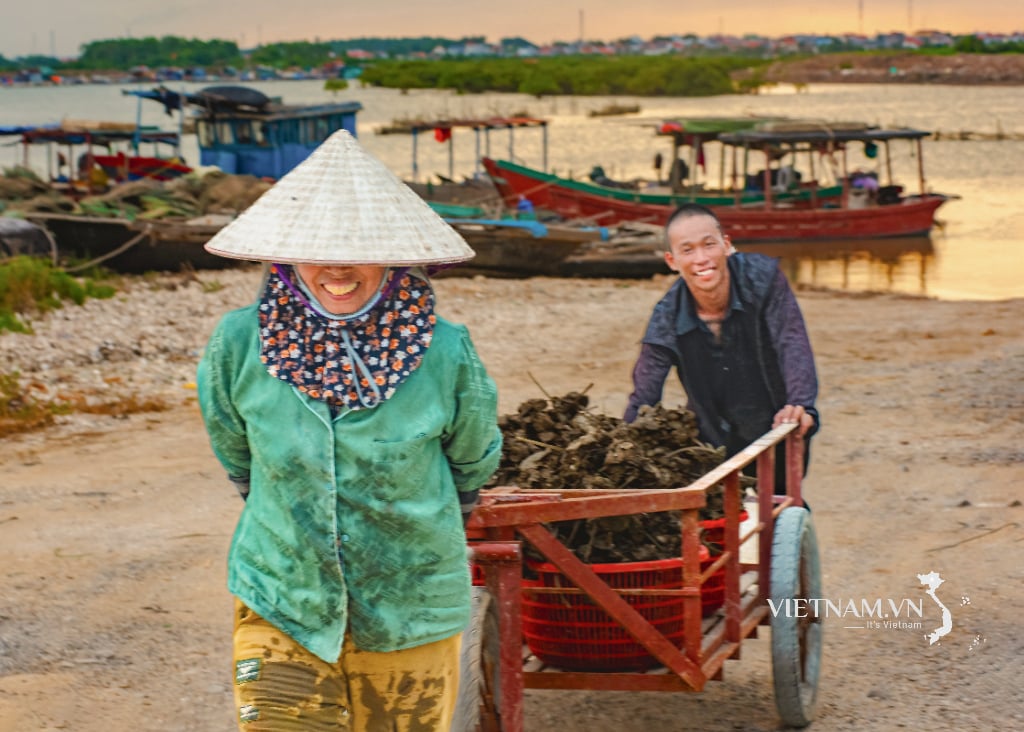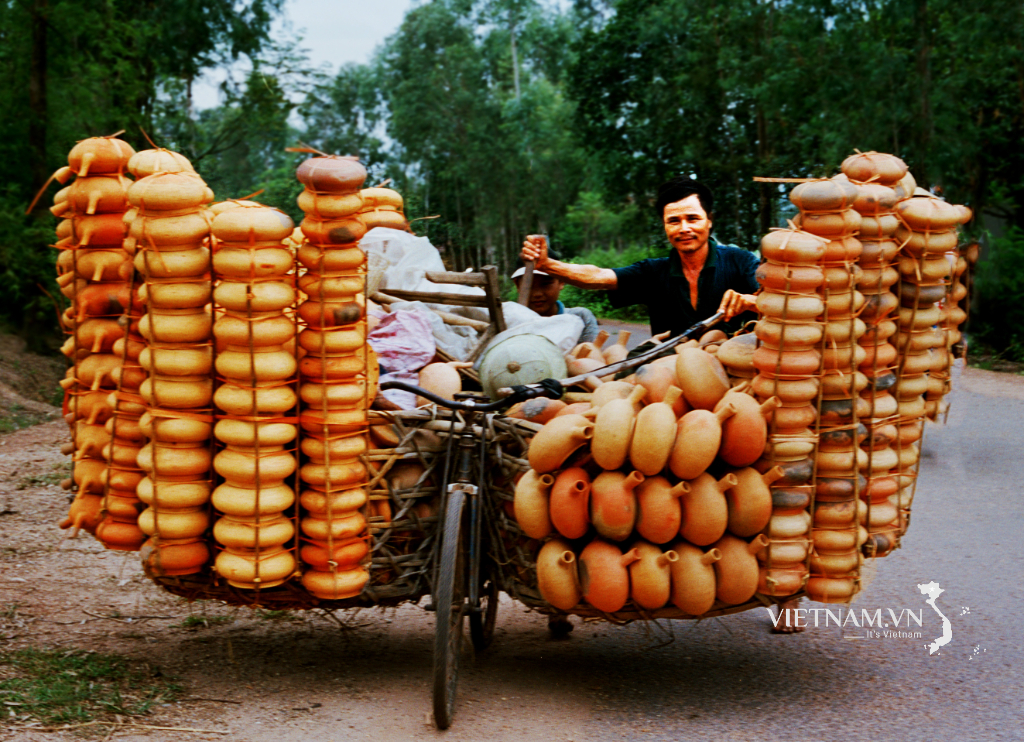This defeat, along with the 0-3 loss to Indonesia in the World Cup qualifiers, shows that Vietnamese football has taken a huge step backward compared to its regional rivals. Even winning the ASEAN Cup 2024 cannot bridge that ever-widening gap, as our rivals' rate of naturalizing players is always much faster than ours.
But the biggest lesson for Vietnamese football isn't about how to naturalize players, but rather looking at it from a broader perspective, focusing on the human element, of which naturalization is just one aspect. From a purely sporting standpoint, Vietnam suffered a heavy defeat against Malaysia simply because their players were of higher quality.
The more naturalized players who get to live, train, and play in Europe, the easier it is to improve the overall level of the team. That's the nature of football; whether or not to naturalize players, how many, and in what way, is simply a technical choice.
Vietnamese football certainly cannot ignore the trend of naturalizing players, but it is not a priority option when we lack the financial and resource advantages, at least in the immediate future. The V-League is not open about foreign players, and clubs do not have enough money to recruit high-quality foreign players, so cases like Nguyen Xuan Son are not common. Meanwhile, the source of Vietnamese players living abroad requires a more proactive and scientific approach, and this work requires time and financial resources to support the search and recruitment efforts on a global scale.
In other words, the goal is to ensure that national team players possess the physical and technical skills to reach continental and world- class levels, regardless of whether they are domestic players, overseas Vietnamese, or naturalized foreign players. Given the limited supply of players from abroad, far inferior to other countries in the region, managers must accelerate the development of domestic players through both short-term and long-term policies.
Despite differences, football-developed countries build their roadmaps on a broad foundation, from grassroots football to youth training and the ability to accumulate financial resources through club competition. The more financially strong the clubs are, the more professional the competitive environment becomes, leading to a larger number of professional players, which in turn creates a competitive environment and more options for the national team. On the other hand, as club football flourishes, the demand for training and competition naturally increases, which only benefits the sport.
The defeat against Malaysia has presented Vietnamese football with an urgent challenge: If we cannot move forward, we will regress, and that day is not far off. Those involved in football need to immediately forget about past advantages and cannot continue to look to past titles and miracles to hope for some kind of "turnaround" when our rivals are acting and progressing so rapidly.
While it's understood that reviving Vietnamese football requires many factors, above all, the human element remains the decisive one. This involves the synchronized development of culture, mindset, physical fitness, and training. It's time for Vietnamese football to have a "national action plan," a thorough reform from the ground up, with the participation of many sectors and, especially, social resources.
Source: https://www.sggp.org.vn/bai-hoc-lam-bong-da-post799389.html





![[Photo] General Secretary To Lam working with Ambassadors and Heads of Vietnamese representative offices abroad attending the 14th National Congress of the Party](/_next/image?url=https%3A%2F%2Fvphoto.vietnam.vn%2Fthumb%2F1200x675%2Fvietnam%2Fresource%2FIMAGE%2F2026%2F01%2F25%2F1769334314499_image.jpeg&w=3840&q=75)





























































































Comment (0)